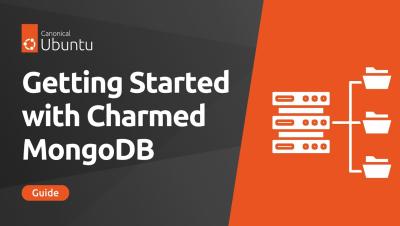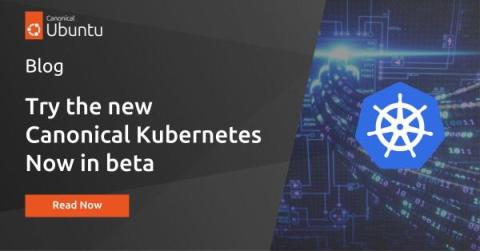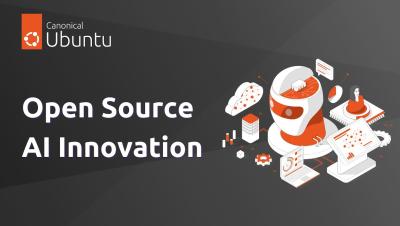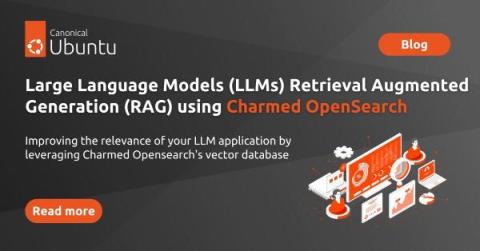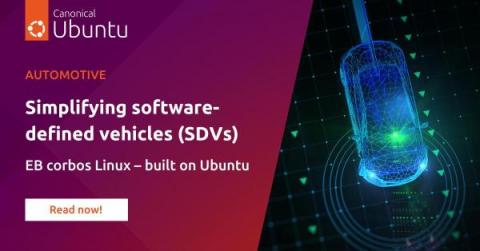Cron Jobs In Linux - How To Use Cron Jobs To Automate And Schedule Tasks
Cron is a job scheduling utility included in most Unix-like operating systems. It allows users to schedule and automate the execution of repetitive tasks at specific intervals. The crond daemon is the background process that enables cron functionality. It continuously runs in the background, checking for predefined scripts or commands to run in crontab files.






